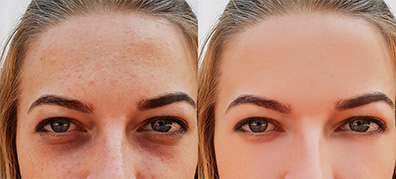Semaglutide FAQ
Conveniently located to serve Burlington, MA
Semaglutide is rising in popularity as an innovative method of effective and safe weight loss, but there are still a lot of questions about it. To help patients get a better understanding of what this treatment option can offer, we’ve assembled these semaglutide FAQs to provide some clarifications.
Q: Can Semaglutide Really Help with Weight Loss?
A: Multiple trials have already shown that semaglutide has an appreciable impact on a patient’s ability to lose weight. This is due to how it can affect the appetite of patients. Semaglutide helps patients feel full for much longer periods after eating smaller food portions. It can also help control cravings and urges.
Q: Where Did Semaglutide Come From?
A: Semaglutide was originally intended as a way to help patients who have type-2 diabetes control the amount of sugar in their blood. This is done by essentially reducing the amount of food consumed, which then lowers the amount of glucose produced.
Q: Do I Need Semaglutide?
A: If patients are having difficulty losing weight by themselves, even after trying all other methods except for surgical options, then turning to semaglutide would be advised.
Q: Can I Administer Semaglutide Myself?
A: Yes, patients can self-administer semaglutide very easily and safely. We will be happy to explain the self-administration process to ensure that you are comfortable with it.
Q: Can I Skip Dieting and Exercise with Semaglutide?
A: Semaglutide works most effectively when paired with behavioral and lifestyle changes. Follow our personalized recommendations regarding your new diet and exercise routine to achieve optimal results. It’s recommended for patients to view this treatment as a springboard to reasonable weight management rather than a permanent solution.
Q: Will Semaglutide Involve Downtime?
A: There will be no downtime or recovery time of any kind involved with semaglutide treatments. Patients may experience temporary side effects such as nausea, vomiting, and fatigue. They may also need to drink a lot more water following each session.



